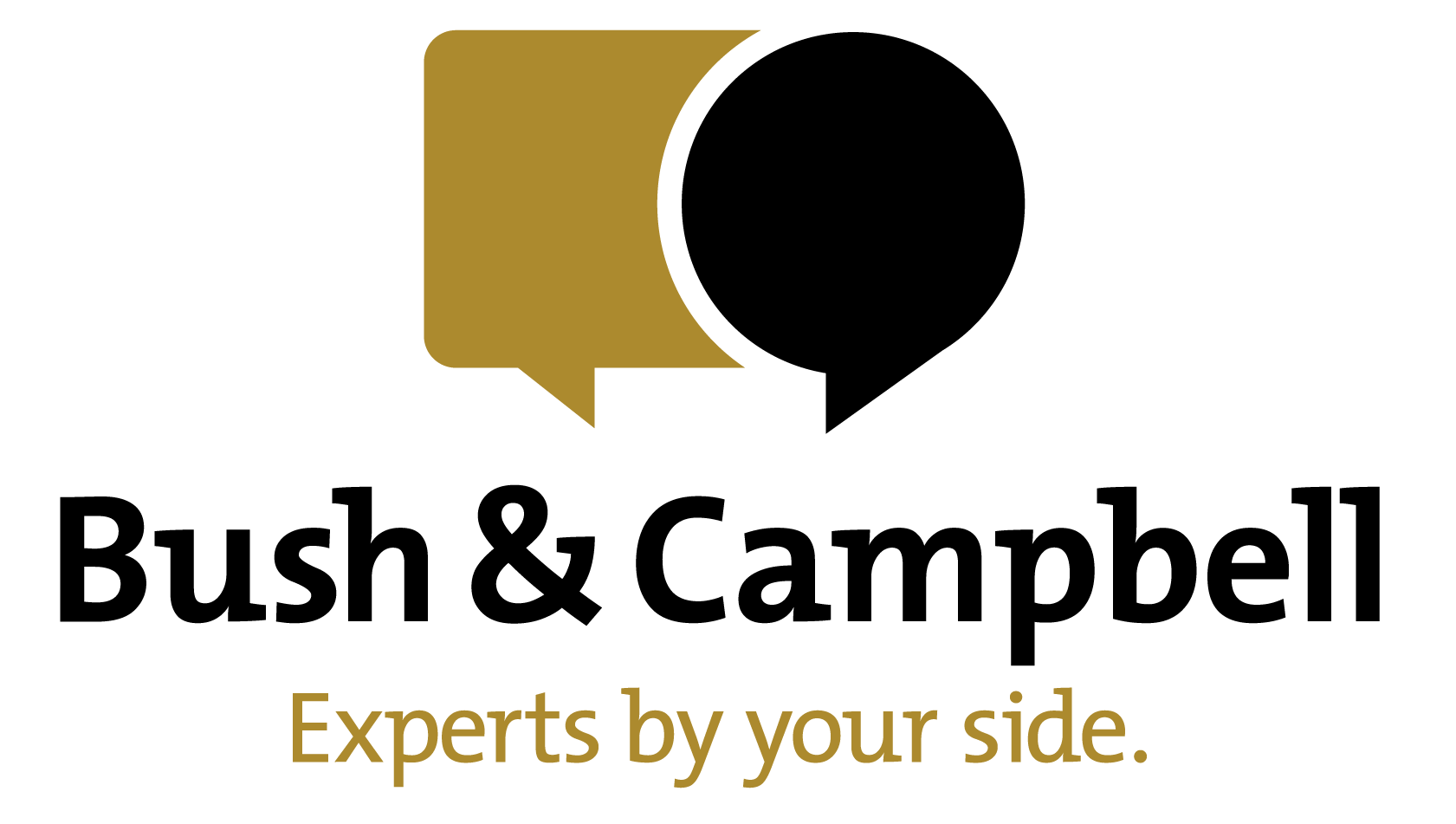FBT For Your Business
The end of the 2021/22 fringe benefits tax financial year has come, and it is now time for us to do our part for your returns. However, there are some items that we might need your help with.
COVID-19 & FBT
Due to the impacts of COVID-19 over the last financial year, your FBT return may look a little different this year. Here are some of the areas that you might need to consider:
WORKING FROM HOME
There are some areas you may need to consider if your employee work arrangements had looked different over the past financial year:
What was provided to staff to allow them to work from home?
If the employee received the use of office equipment, this becomes a residual benefit
If the employee became the owner of the office equipment, this is a property benefit
Did the employees receive any form of electronic device to conduct their work with?
CAR PARKING
Most small businesses are exempt from paying fringe benefits on car parking. This is one of the benefits that you can provide to your staff that is tax effective. If however, your turnover is more than $10 million AND you provide your employees with a car park as a part of their fringe benefits you will need to provide us with:
How many car parks were provided
Where they were provided
Who they were provided to
When they were provided
This will need to be proven, so a record of the timeframe (days using the parking) needs to be made available.
The ATO has also revised the definition of ‘Commercial Car Parking Facility’. This means that the benefit will now also include when:
The car is parked at a business or associated premise
A commercial car parking station is located within a 1km radius; and
The lowest fee charged by the operator of any such parking station for all-day parking on the first business day of the FBT year is more than the car parking threshold.
CARS
If you have an employee who has been provided with a car as a fringe benefit, you will need to provide the following answers:
What cars were provided to the employee?
Were any vehicles purchased or sold during the year, and could they possibly be exempt?
Were these vehicles provided as a shared vehicle (among employees), as a part of a salary package arrangement or as a hire car?
You may also need to provide a logbook (that meets the ATO’s minimum requirements) if you’re going to use the Operating Cost Method.
You should also include details of any running costs, recipient payments and any documentation that may note the changes in the pattern of use of the vehicle due to COVID (ie, driving more or less for work-related reasons).
ENTERTAINMENT
Entertainment benefits can include sustenance, entertainment leasing facilities, properties, expense payment benefits and perhaps most common of all, meal entertainment. You will need to be able to provide us with the what, why, when, where and to who the entertainment was provided to.
Meal Entertainment is one of the areas of FBT that you need to be aware of, as it can be tricky. The best way to manage it for your next FBT year is to:
Set-up an account
Capture information at data entry
Provide your employee with a cheat sheet - what is and isn’t available as a benefit, etc.
You may need to start a conversation with your accountant if you have been providing your employees and their associates with noncash benefits and private expenses you have paid on their behalf. This is information that they will need to help prepare your tax return.

